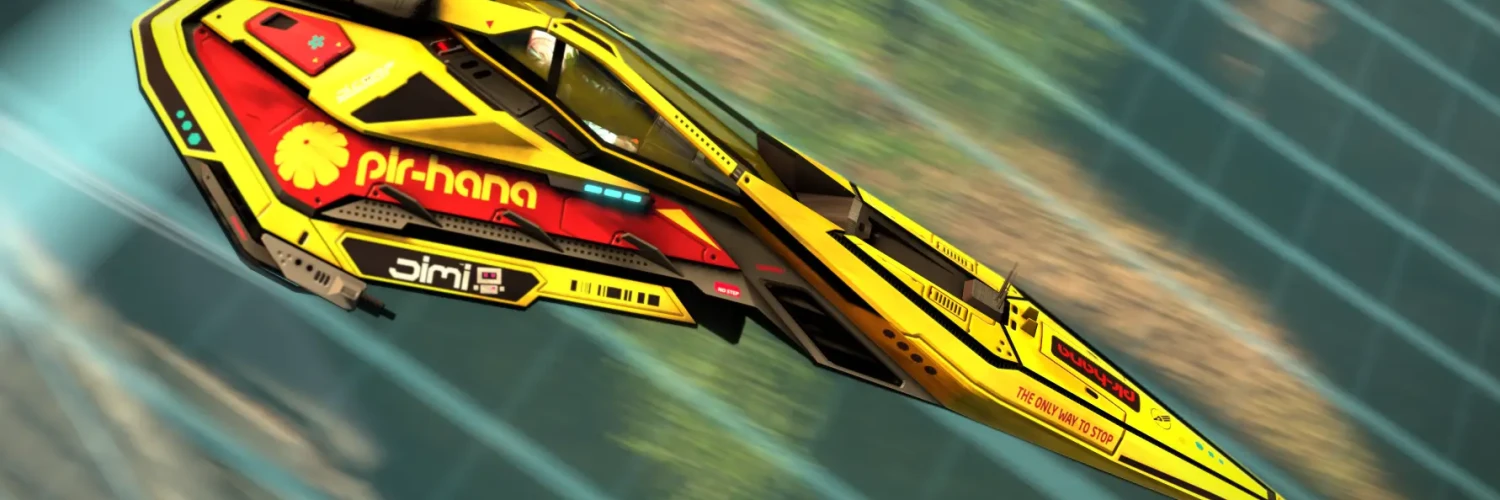


Eskating cyclist, gamer and enjoyer of anime. Probably an artist. Also I code sometimes, pretty much just to mod titanfall 2 tho.
Introverted, yet I enjoy discussion to a fault.
Dieses Profil is von einem föderierten Server und möglicherweise unvollständig. Auf der Original-Instanz anzeigen
[Thema, Post oder Kommentar wurde durch den Author gelöscht]
Client-Side-Scanning: 'Chat Control is Pure Surveillance State' ( netzpolitik.org ) Englisch
The planned chat control makes the world less secure and more authoritarian, as it is directed against private and encrypted communication. Proponents are using disinformation, lies, and sleight of hand to push through the project. But chat control can still be stopped. A commentary....
‘Let yourself be monitored’: EU governments to agree on Chat Control with user “consent” [updated] ( www.patrick-breyer.de ) Englisch
cross-posted from: https://lemmy.ml/post/15968878...
Every time I boot up my computer ( lemmy.ca ) Englisch
Operating Systems for Different Life Stages ( lemmy.zip ) Englisch
Source
Interesting split ( files.catbox.moe )
Chad VLC ( lemm.ee )
EU parliament to back ban on forced labour with eye on China ( www.aljazeera.com ) Englisch
European Union lawmakers are set to vote to ban products made using forced labour under a new law that has China in its sights, risking tensions with Beijing....
All I wanted to do was just watch pr0n... ( sh.itjust.works ) Englisch
Yeah I tried to access the app and checked downdetector it's down ( sh.itjust.works )
We can't leave people on the dark side ( lemmy.world )
What is the most difficult problem that you have fixed in linux? ( lemmy.world )
Antitheism ( imgur.com ) Englisch
Never jammed out to an Adobe Pro patcher harder ( lemmy.world )
Brace Yourselves ( sopuli.xyz ) Englisch